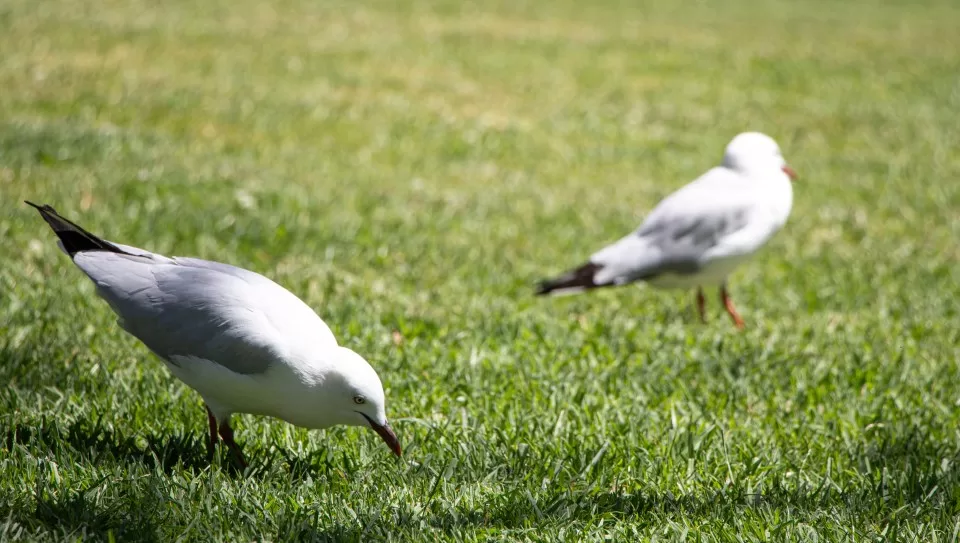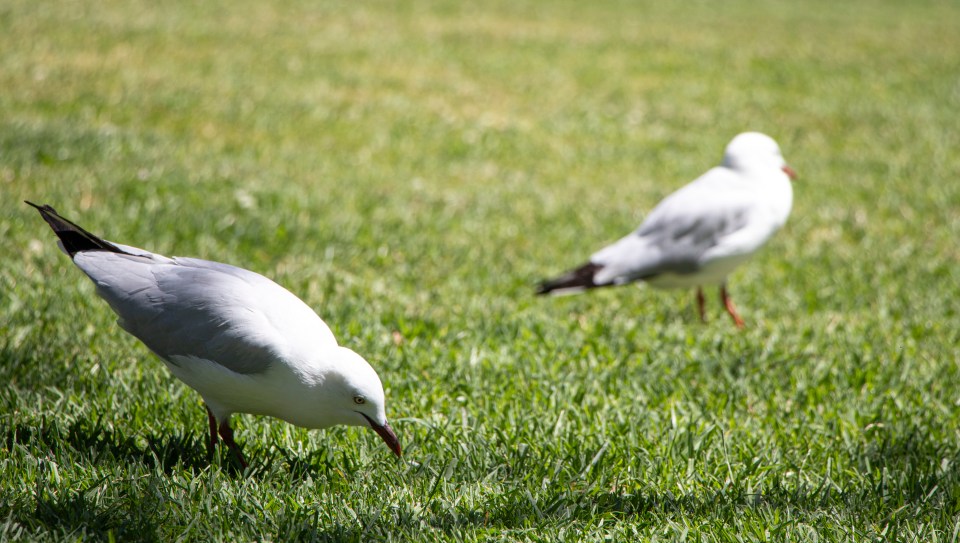YOU may have spotted some seagulls in your garden before even if you don’t live that close to the ocean.
However, it’s important that you know what you can and can’t do when it comes to feeding the birds. Here’s everything we know.
Is it illegal to feed seagulls in your garden?
It is not illegal to feed seagulls in your garden.
However, feeding them may encourage them to keep coming back to the same area.
If you have next door neighbours, they might not like that the birds will probably go into their gardens as well.
Feeding seagulls could also encourage pests such as rats to come to your property.
Can I be fined for feeding seagulls in my garden?
You won’t be fined for feeding seagulls in your garden because it is not against the law.
However, you may be reported to the council by your neighbours if they aren’t happy.
If you’re the neighbour that is being affected by someone nearby feeding birds then you can get in touch with your local council about the issue.
They can then issue a warning to the neighbour in question.
It is recommended to not feed seagulls as they can carry diseases such a salmonella and e-coli.
Here are some reasons why you should not feed seagulls where you live:
- Human food is not intended for birds
- Feeding seagulls can encourage them to come further inland
- Gulls can be protective of their young so could become aggressive with humans
- Throwing food for birds can be classed as littering
- Left over food can attract pests
- Gulls may take food from humans
- It can scare children if seagulls try to snatch food
Is it illegal to feed any animals in your garden?
It is not illegal to feed animals in your garden, but there are acts in place that can prevent you from doing so.
The Wildlife and Countryside Act 1981 covers the fact that humans are no allowed to harm animals in anyway, which includes seagulls.
This could apply to the fact that feeding animals human food could end up in harming them.
The Anti-social Behaviour, Crime and Policing Act 2014 states that when the persistent feeding of wild birds such as pigeons and seagulls is deemed unreasonable and detrimental to the local community’s quality of life then local authorities and police forces can get involved.
They can turn to the Anti-social Behaviour, Crime and Policing Act 2014 to issue Public Space Protection Orders or Community Protection Orders.
The Animal Welfare Act 2006 deals with issues relating to cruelty and unnecessary suffering to animals and birds.
Feeding animals can lead to them living where they wouldn’t usually, which can ultimately harm them.
What are the most poisonous animals in the world?
Here are seven of the most deadly creatures…
- The box jellyfish is widely regarded to be the most posionous animal in the world and contians a toxin that can cause heart attacks
- Cobras, typically found in the jungles of India and China, can spit a venom which can result in death in a very short space of time and just 7ml of their venom is enough to kill 20 humans
- The marbled cone snail is a sea creature that can release venom so toxic it can result in vision loss, respiratory failure, muscle paralysis and eventually death and, to make things worse, there is no anti-venom available
- Posion dart frogs are small and brightly coloured but have glands containing a toxin that blocks nerve signals to muscles, causing paralysis and death
- Puffer fish are considered to be a dangerous delicacy because some of their anatomy contains a hazardous toxin which, if ingested in a large quantity, can cause convulsions, paralysis, cardiac arrhythmia, and ultimately death
- The Brazillian wandering spider, also known as the ‘banana spider’, has venom that is so high in serotonin it can paralyse and kill
- Death stalker scorpions have a fitting name as enough venom from one can cause a lot of pain and respiratory failure

